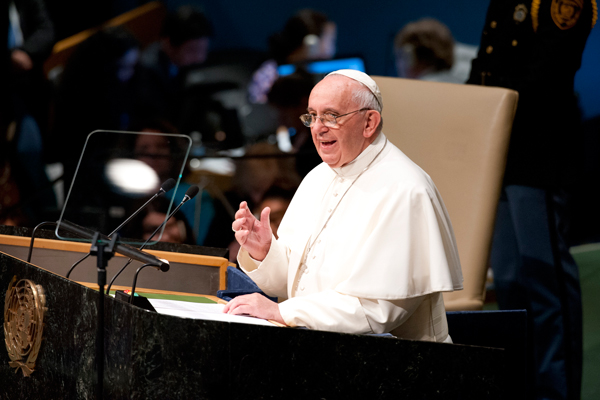
A summit advocating a worldwide ban on surrogacy has been hosted by the Vatican’s Permanent Mission to the United Nations in Geneva. Ireland is about to pass one of the most liberal surrogacy laws in Europe.
Gabriella Gambino, an official of the Holy See’s Dicastery for Laity, Family and Life, quoted Pope Francis saying surrogacy represents “a serious violation of the dignity and rights of women and children”, and the international community “must therefore feel called upon to reflect on the urgency of placing an absolute ban on all forms of surrogacy”.
The aim of the meeting, Gabriella Gambino explained in her introduction, was “to reflect on the urgency of an international response to the phenomenon of surrogacy.”
Aware of the fact that ‘procreative tourism’ generated by the divergence of states’ regulations on surrogacy “is still the cause of the transnational exploitation of women and children through this practice,” she said it is necessary “to deepen the possibility of a common commitment to ensure the universal safeguarding of the dignity and fundamental human rights of those involved.”
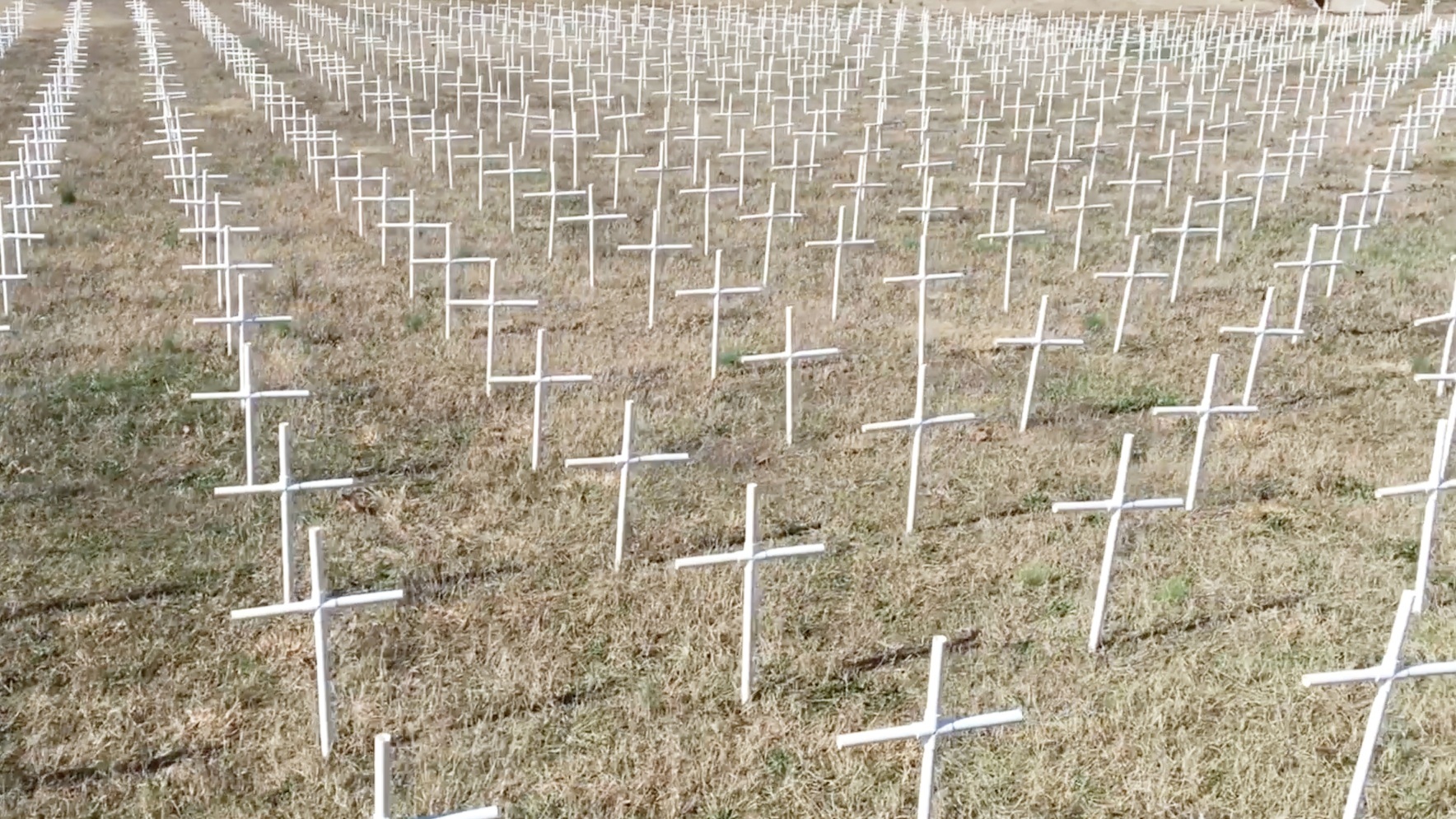
The period from 1 April 2022 to 31 March 2023 saw 2168 abortions occur, an increase of 413 (23.53%) over the previous year.
There was also a 26% increase in late-term abortions, with 24 babies aborted at 20 weeks or over, up from 19.
There was a 69% increase in abortions for ‘non-fatal disabilities’ and an 11% increase in abortions for children under 18 years old.
Despite abortion being a devolved issue, English, Welsh and Scottish MPs in Westminster voted in July 2019 to impose an extreme abortion regime on Northern Ireland. No MPs representing the North voted in support of the change.
According to a spokesperson for Right to Life UK, the very large increase since that change “demonstrates that the introduction of an extreme abortion regime to Northern Ireland has likely resulted in the lives of many more babies from Northern Ireland being lost to abortion”.
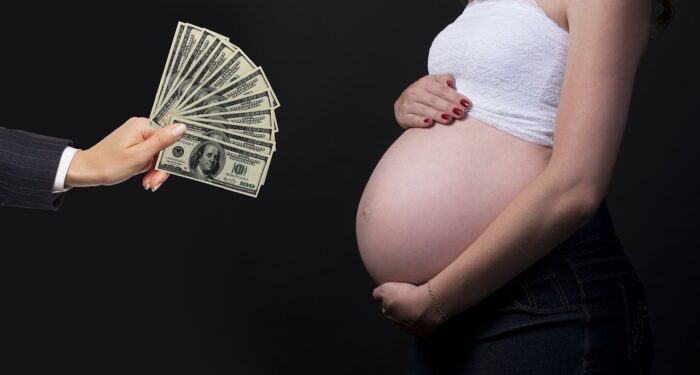
‘Regulating’ surrogacy leads to its acceptance while ignoring the exploitation inherent in the practice, according to the Italian Minister for Family. Ireland is on the point of legalising surrogacy.
Speaking at an event in Geneva on the sidelines of the UN Human Rights Council, Eugenia Roccella said the “tendency to regulate surrogacy” paves “the way for a substantial acceptance” but “does not address all the ethical questions” and the forms “of exploitation created by the new market in bodies”.
The Minister noted the disparity in legal and ethical treatment: selling a newborn after birth “is a crime” but arranging surrogacy before conception “is legal in many countries”.
Italy is the first European country to consider a bill to ban surrogacy across its entire territory and classify it as a universal offense.
Another participant, Olivia Maurel, who was born through surrogacy said that she was “ordered, fabricated, custom-made, sold and bought”.
The human rights activist also stated that in surrogacy “there is always money involved” and “there is no ethical ways of selling children, there is no ethical way to rent a woman’s body”. Therefore, it is necessary to ban all kinds of surrogacy at an international level.

A leading Catholic bishop has called on world powers to demand that Pakistan protect the lives of persecuted minority faith groups under increasing threat from flagrant misuse of the country’s notorious blasphemy laws.
Bishop Samson Shukardin, President of the Catholic Bishops’ Conference of Pakistan, said that unless laws are passed making it an offence to fabricate allegations of blasphemy, Christians and other beleaguered minorities will never feel safe in their own country. The bishop’s comments coincide with news that a Christian man from Sargodha in his 70s, had died in hospital ten days after being attacked by a mob acting on dubious blasphemy claims made against him.
Bishop Shukardin said such incidents would only increase unless the Pakistan authorities clamp down on people falsifying accusations and stop mobs taking matters into their own hands by terrorising victims, their families and neighbours.
In an interview with Catholic charity Aid to the Church in Need (ACN), which supports persecuted and other Christians, Bishop Shukardin said: “It is very important that legislation is introduced whereby those found to have wrongly accused people of blasphemy are given sentences including jail terms.”
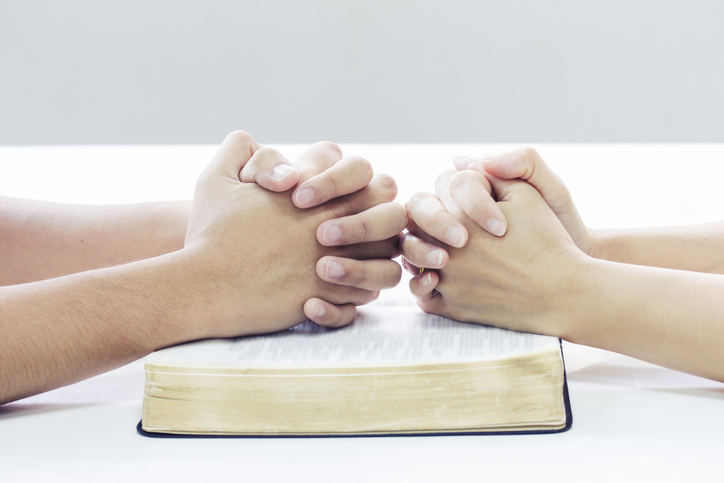
The UK’s political parties are out of step with public opinion on their increasingly hostile treatment of candidates who hold religious beliefs, according to a recent poll.
As the cancelling and no-platforming of such candidates is on the rise, the poll questioned 2,000 people about the Liberal Democrats’ decision to deselect parliamentary candidate David Campanale following a campaign against him by activists who objected to his Christian views.
The Whitestone Insight poll conducted between 5 and 6 June found that 75 per cent of those expressing a view on the issue opposed the deselection, while 25 per cent supported the decision. Among those voting for the Liberal Democrats, though, 57 per cent believed Campanale should not have been deselected, compared to 43 per cent who thought the party made the right decision.
“The findings underscore the public’s unease with the perceived marginalisation of Christians in politics and highlight the need for political parties to foster a more inclusive environment for individuals of all faiths and beliefs,” says Andrew Hawkins, Chief Executive of Whitestone Insight.
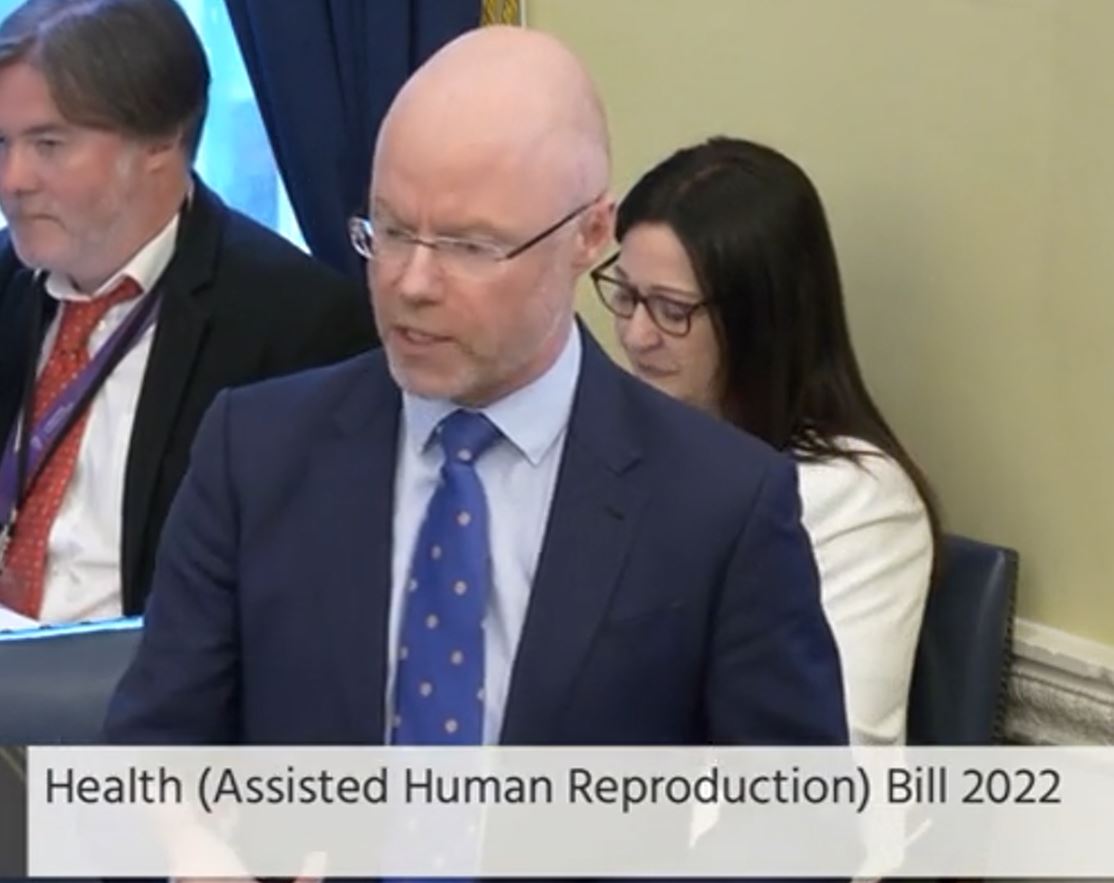
The opening Seanad debate on the Government’s proposed surrogacy bill saw the Health Minister forced to cut a forty minute presentation down to a mere ten minutes so as to comply with time restrictions.
The Health (Assisted Human Reproduction) Bill 2022 was introduced to the Seanad last Thursday with Fine Gael’s Maria Byrne as the Chair.
Welcoming the Minister for Health, Stephen Donnelly, she told him he had “ten minutes” to present the landmark legislation which runs to 200 pages.
The startled minister replied saying: “I did not realise I had only ten minutes. I was handed a 40-minute speech, which I got down to about 15 minutes. The Acting Chairperson can cut me off if necessary or, with the indulgence of the Seanad, perhaps I could have more time”.
Senator Michael McDowell responded that party spokespersons were given 12 minutes and so the Minister should be given “at least the same speaking time”.
The Chair replied: “The debate is limited to two hours. It is up to the Minister.”

A quarter of Irish people already feel restricted in expressing their views in social settings or their place of work or study according to new polling.
The survey by Whitestone Insight, revealed a deep-seated concern for the erosion of free speech, with 90% of respondents confirming that freedom of expression was “very important” to them.
This comes as the Oireachtas debates new and wide-ranging “hate speech” legislation, with serious human rights implications for free speech.
Lorcan Price, Irish Barrister and Legal Counsel for ADF International, calls it “one of the worst examples of censorship in the modern West”.
“The bill purports to stamp out ‘hate speech,’ but fails to define what ‘hate’” is – allowing authorities to censor any speech the state opposes,” he said.
A Free Speech Summit is scheduled to take place in Dublin on 18th June, where advocates will gather with politicians to highlight the issues at stake under the bill.
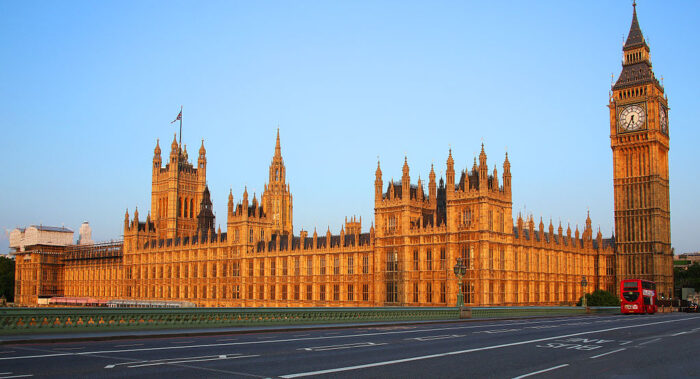
His statement comes as 185 election candidates and counting had signed a pro-life manifesto since its launch on Monday.
The ‘Both Lives Pledge’ outlines three policy changes that are designed to increase protection for babies in the womb and end ‘pregnancy discrimination’ for women – policies that will save lives by supporting both mother and child.
However, speaking to journalists in Puglia, the prime minister, Rishi Sunak, signalled an openness to changing the law on euthanasia.
Keir Starmer, the Labour leader whose party is 20 points ahead in the polls, has committed to setting aside time for a Commons vote on the issue and said he supports a change.
Asked about changing the law to enable ‘assisted dying’, Sunak said: “I’m not against it in principle. It’s just a question of having the safeguards in place and that’s where people have had questions in the past.”
Meanwhile, in Slovenia, a consultative, non-binding referendum on assisted suicide passed.
54.86% voted in support of the question: “Are you in favour of adopting a law that will regulate the right to medically assisted dying?”
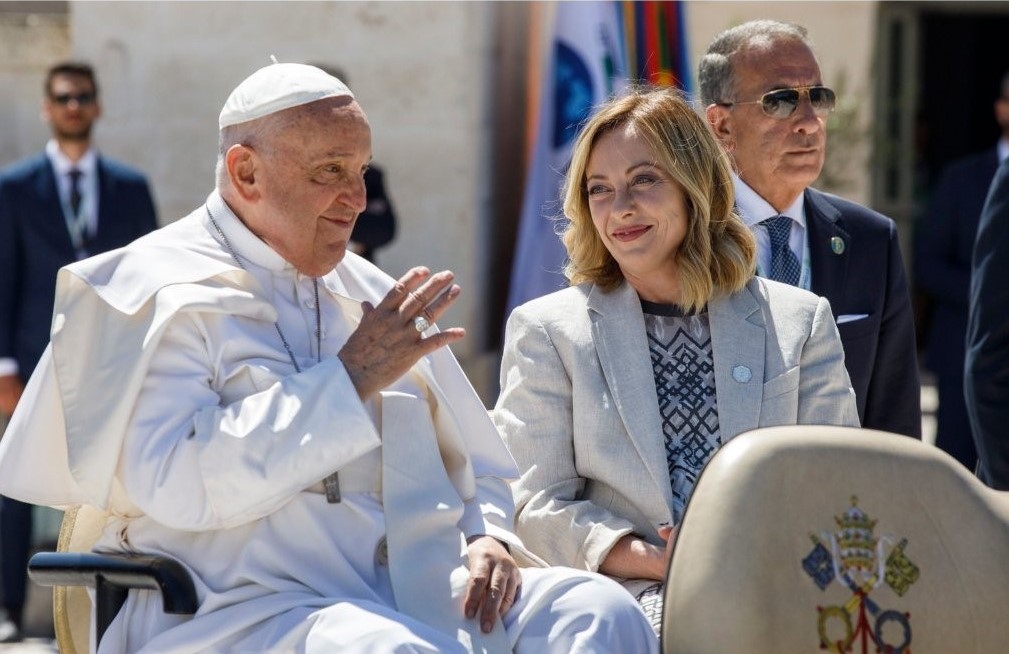
Italy refused to add a reference to “safe and legal abortion” in the final statement of last week’s Group of Seven summit.
French president Emmanuel Macron complained of the omission, drawing a sharp rebuke from the Italian prime minister Giorgia Meloni, who accused him of looking to score political points ahead of national elections in France later this month.
The 2023 G7 communiqué released after the leaders’ summit in Hiroshima, Japan, last year, had called for “access to safe and legal abortion and post-abortion care”.
Similar or slightly tougher language was proposed by French and Canadian diplomats during the negotiations that took place ahead of the 2024 meeting, but Meloni refused.
“I think it is profoundly wrong, in difficult times like these, to campaign [for an election] using a precious forum like the G7,” Meloni told reporters.
A senior US official told reporters that President Joe Biden had also wanted the reference to abortion in the text.
Like Macron, Biden is also facing a tough election later this year.
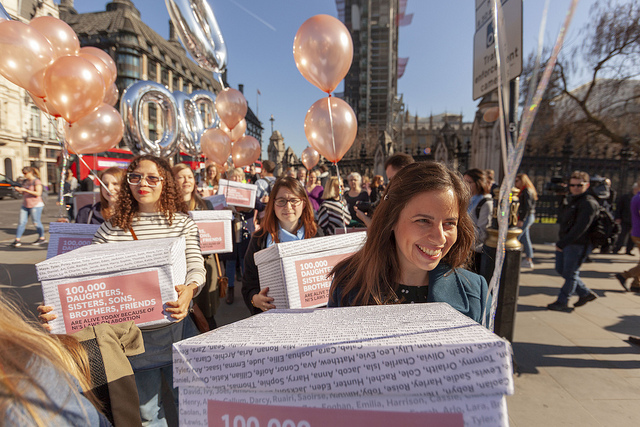
A leading pro-life group has launched a General Election initiative that will be run throughout the UK in the lead up to election day on 4 July.
As part of the Vote For Both Lives campaign, Right To Life UK is mobilising voters in constituencies throughout the country to contact their local MP candidates and ask them to sign the Both Lives Pledge.
The Pledge outlines three policy changes that are designed to increase protection for babies in the womb and stop pregnancy discrimination for women – policies that will save lives by protecting and supporting both mother and child. The Both Lives Pledge asks MP candidates to commit to: (i) stop discrimination against baby girls by supporting a law change to clarify that sex-selective abortion is illegal. (ii) bring UK law closer to the laws in the majority of EU countries by voting to lower the gestational time limit for abortion. (iii) support women in the workplace by backing policies designed to stop pregnancy and maternity discrimination.
Independent polling by ComRes shows that all three policy changes are strongly supported by the public.